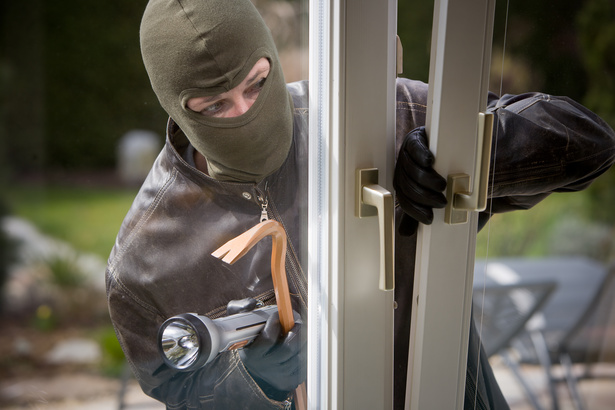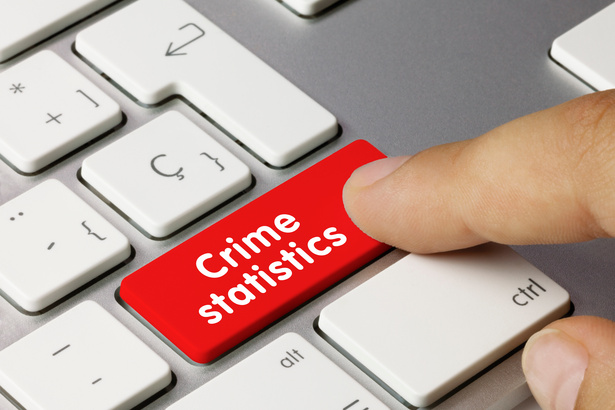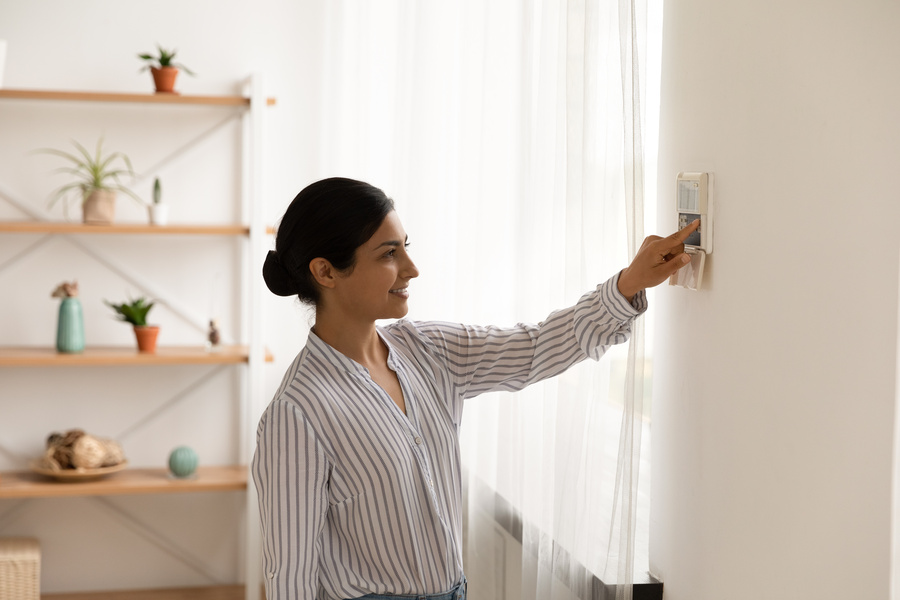You can't take security lightly these days. Crime is up all over the country, and since you're a renter, you have to be extra careful because not everything is left up to you to handle as far as the security of your apartment. That can be good or bad, depending on how well your landlord manages the property and how serious he or she is about overall security.

There are, however, smart things you can do to maximize the security of your apartment and the area in which you live, and it takes more brains than money, which is a very good thing, indeed. Take stock of good tips and apply them to your situation before things get out of hand. Don't wait until something bad happens for you to protect you and yours. It's important to be proactive. Here's our guide to maximizing your security in your apartment.
Search Crime Statistics in Your Area

Before you even sign on the dotted line of the lease agreement, it's vital that you know what crime is like in the area where you'd like to live. To ignore this would be downright stupid. Don't assume that because the area looks fine that crime stats are low. It's rather easy to check out local crime statistics by searching on the internet. Look at crime trends over the past few years, as well as current crime rates. You can also see types of crimes in most cases. Sites like SpotCrime and NeighborhoodScout will provide detailed information about the area you want to live in. The FBI's Crime Data Explorer is also a great tool. Also, feel free to call the local police department to find out what crime is like. There's also your ability to observe the area. If you see a lot of litter, vandalized cars, and homes in disrepair, those can be red flags. Be smart and do your homework.
Survey the Apartment Complex's Lighting

Nothing will tell you more about the general security of an apartment building or complex than the lighting. Poorly lit areas make it rife for crime to go undetected, and well-light areas make it tough for criminals to sneak around. Apartment buildings and complexes sometimes also require good lighting in nooks and alcoves where it might be easy for someone to hide. Make sure there's good lighting in hallways, stairwells, parking lots, garbage disposal areas, laundry rooms, etc. If light bulbs are out in a number of places, that's also a big no-no. Make sure you evaluate things at nighttime when crime occurs the most. Make sure you walk the property with a friend to see if there are motion-sensor lights, as well, a very important thing to have in the place where you plan to live.
Assess Doors and Entryways

If you're thinking about moving into a place where people are free to come in and out of the apartment building, that's a big no-no. The first level of defense are lobby entryways where people should have a key, security code, etc. to get in. If an entryway door is open or doesn't latch properly, that's a sign that security for tenants is an afterthought. If you see this, steer clear. The likelihood that it has always been this way is high. Also, look for security features like cameras, security buzzers (that actually work), as well as unit features like functional window locks, security bars for patios/balconies, dead bolt locks, chain locks, etc. Make sure windows latch properly and that the locks actually function, especially if you are in the basement, ground or second floors. Look for any gaps in the windows that can be jimmied or pried open. You can also get a cheap door security measure to add another layer of protection when you're home.
Take Note of the Exits

Don't neglect the importance of escaping safely when you need to, and that's where you should evaluate exits in your building or complex. If something occurs, it's important for you and your family to be able to get out quickly and safely. There should be well-lit areas, emergency exit signs that function, and also fire escape plans that show you how to get out easily and quickly. Legally, these must be posted, but that doesn't mean your landlord is spot-on about things. Check the lobby, look at stairwells, and also look for proper flood lights with functional batteries. Also, check for fire extinguishers that have been inspected for the current year. All of these point to whether or not your landlord is taking security and safety seriously. Fire escape ladders should only be accessible by people living there rather than anyone on the street.
Get a Security System

Your apartment complex may not come with a security system for use by tenants. That means your unit doesn't have its own system unless you buy one, but you also can't start hard wiring or drilling to install your own. That's where a good security system that's internet-based is great. They don't cost much, and they're very effective. You can install cameras, glass-break sensors, door sensors, and even fire and carbon monoxide detectors. For far less than you think, your apartment can have its own bona fide security system that's monitored by local law enforcement (subscription is usually required, but that's not very expensive). A good wireless system also lets you observe your apartment from your smartphone, so you can both monitor and control things remotely.

